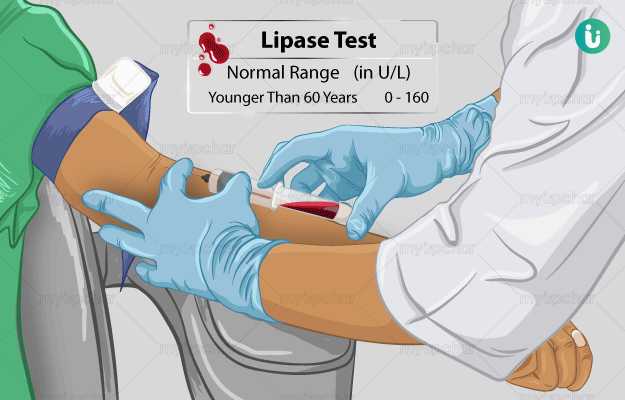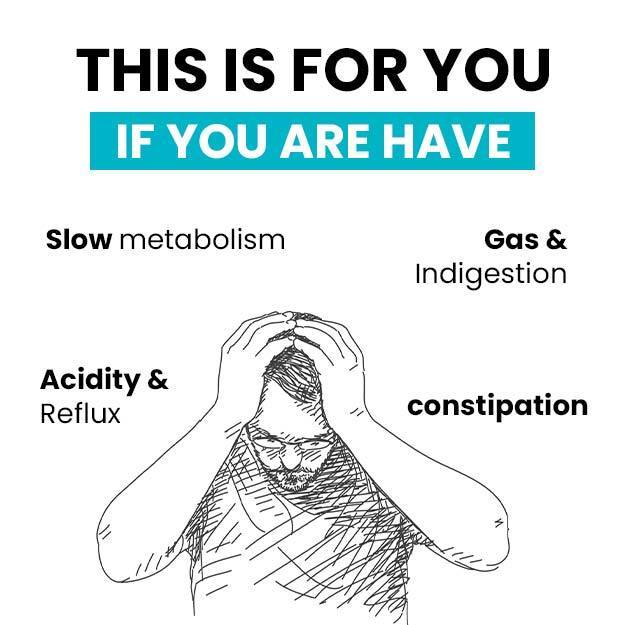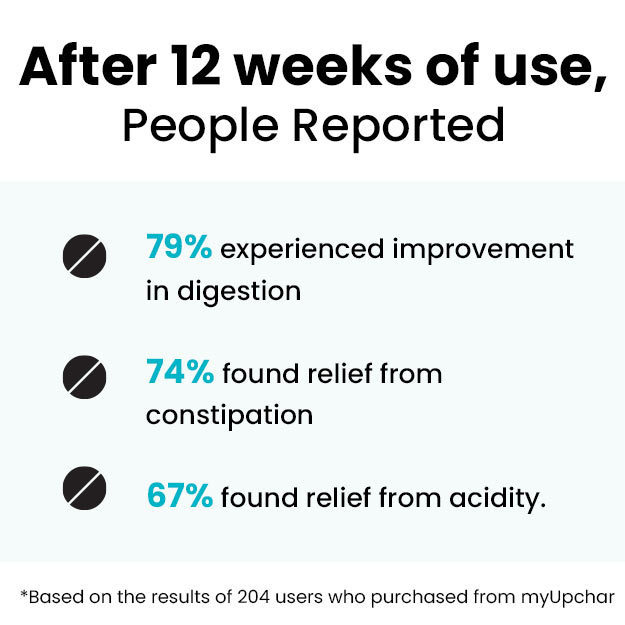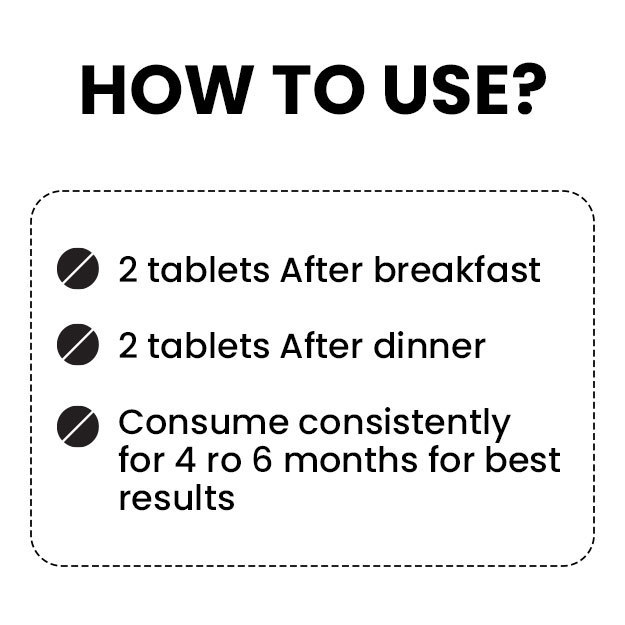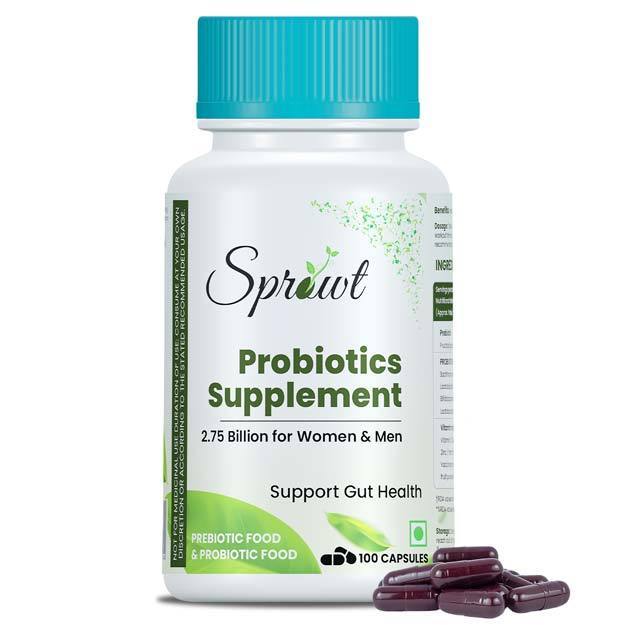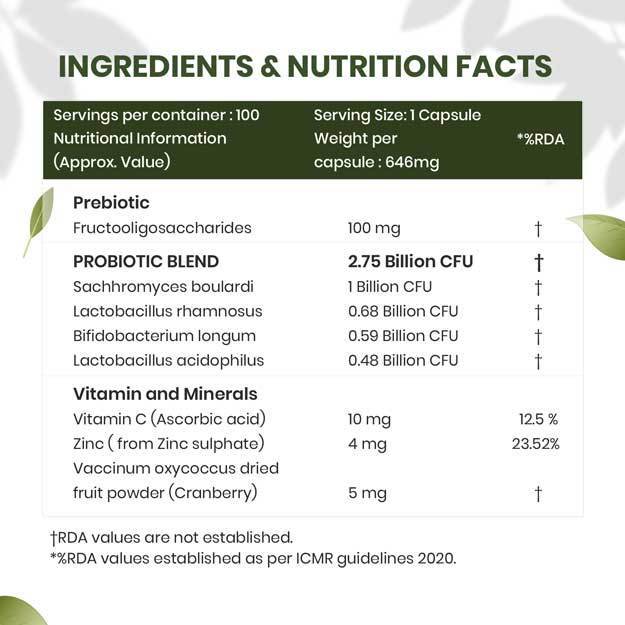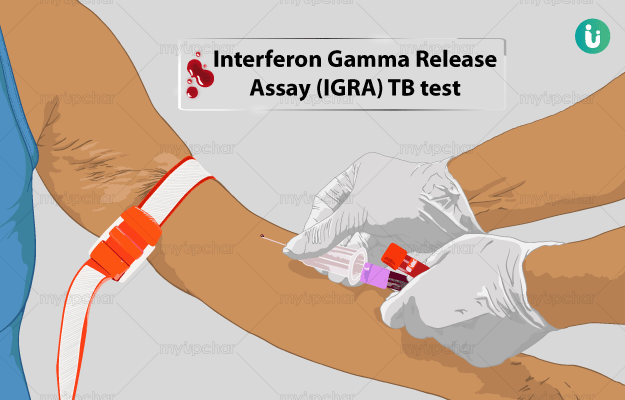What is a Lipase test?
A lipase test, also known as serum lipase test, is a blood test that measures the levels of the enzyme lipase levels in the bloodstream. Lipase is primarily produced by the pancreas and aids in the digestion of fats. Also, some other organs, such as stomach, liver and tongue, involved in digestion and absorption play key roles in lipase production. Generally, this enzyme is produced in small quantities. A higher than normal lipase production indicates an abnormality in the pancreas.
Pancreas is a narrow and flat organ present in the abdominal region. It is situated below the liver between the stomach and spinal cord. The head of the pancreas is connected to the first part of the small intestine, ie duodenum. Lipase formed in the pancreas enters duodenum through the pancreatic duct. In duodenum, it helps breakdown triglycerides from the diet into fatty acids thus facilitating their assimilation into the body.

